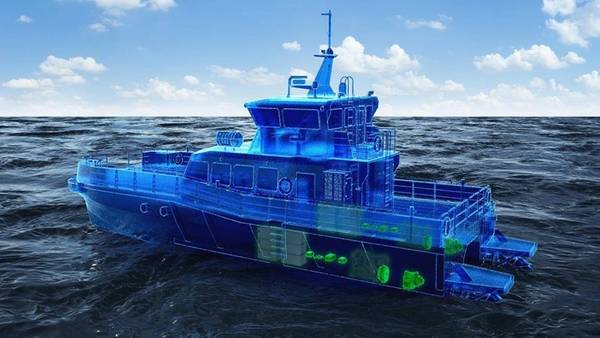
BAE Systems launched its next-generation power and propulsion system for the marine market: the HybriGen Power and Propulsion system.
According to the company, the system uses smaller and lighter components with modular accessory power system (MAPS) and modular power control system (MPCS) that allow for a scalable, tailor-made solution to fit the specific power and propulsion requirements of a range of vessels, from sailboats and tugs to passenger ferries.
“Using a modular design, we can customize our solution to meet the exact needs of each customer, simplifying the installation and improving system reliability,” said Steve Trichka, vice president and general manager of Power & Propulsion Solutions at BAE Systems. “The increased propulsion power and electrical efficiency mean our customers can now accelerate their journey to zero emissions.”
BAE Systems’ electric propulsion technology supports low and zero emission applications with proven controls and components that are available in multiple system configurations. Work on the HybriGen Power and Propulsion System will be conducted at the company’s facility in Endicott, N.Y.



